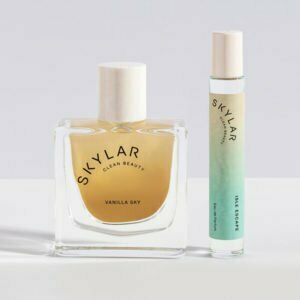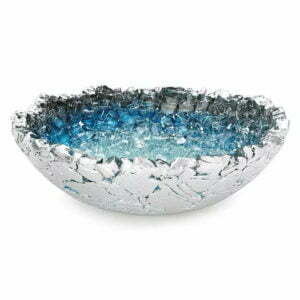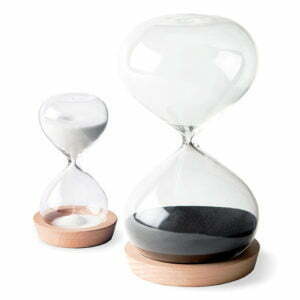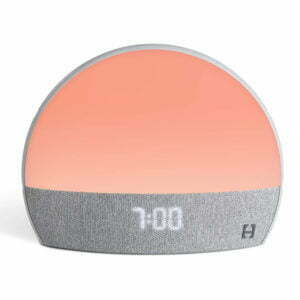Preventing hearing loss isn’t always possible since some forms of hearing loss are the result of an improperly-formed ear structure, but that doesn’t mean you shouldn’t take the precautions to improve your life in the long run. Age-related hearing loss, also known as Presbycusis, can be a difficult thing to live with. Here are some ways you can help prevent it as you age.
The most straightforward way to prevent hearing loss is to avoid situations where your hearing can become impaired or damaged. If you’re planning on going to an event or working a job that tends to be extremely loud, bringing some form of protection, like a headset, can be extremely helpful. Even exposure to sounds as low as 70 Decibels can be detrimental to your hearing health if you are excessively exposed to it over a 24-hour period. Seventy decibels is roughly equivalent to using a vacuum cleaner or hairdryer, and the Hearing Health Foundation recommends that you limit exposure to sound equivalent to heavy city traffic as much as you can reasonably manage.
Basic ear care can help prevent hearing damage as well. Even something as simple as a checkup with a clinical audiologist can be helpful and informative. Aside from helping prevent problems that are peripheral to hearing loss, visiting an audiologist can also help you understand other problems that might affect your ability to understand what people are saying like Auditory Processing Disorder. Earwax can also be a major issue for your long-term hearing, so an audiologist can help you decide if you need ear irrigation or if you just need to tweak your bathing routine. With this in mind, visiting a healthcare center in Carneys Point, NJ may not be a bad idea if you feel you are having problems with your hearing, are suffering from ear pain, or just feel like you want a checkup.
Hearing loss can additionally be a secondary effect of other medical conditions if they are left untreated, so if you are particularly worried about your hearing you should also look at other ways to improve your health as well. It is worth reiterating that not every case of hearing loss is preventable, but that shouldn’t prevent you from doing everything you can to preserve your ability to hear; Even otherwise helpful things like medications can be responsible for hearing loss, and it is up to you to determine if the benefits of the medicine outweigh the detriment to your hearing that the medication may cause. Other problems like autoimmune disease or traumatic brain injury can also negatively affect your hearing, in which case seeking a medical professional’s opinion on what course of action you should take is advisable. Some more general health concerns like high blood pressure are also connected to hearing loss, so it stands to reason that doing your best to keep your blood pressure within an acceptable range will help you out in the long run as far as hearing is concerned.
All in all, taking care of your hearing is worth it. The ability to hear what is going on around you is important for your peripheral awareness in general, let alone your ability to communicate with other people. Doing things as simple as adding a layer of hearing protection while you mow your lawn or reducing the volume of your MP3 player. Making changes to your habits can be difficult at first, but doing so may very well be crucial to your long-term health whether or not it is related to your hearing.









